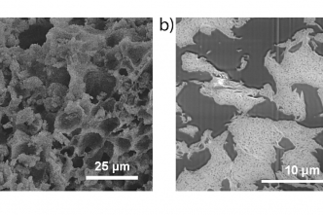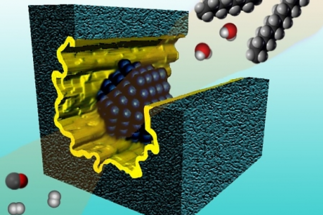Catalysis for Commodity Chemicals and Fuel Production
Dr. Gonzalo Prieto
Gonzalo Prieto joined the Institute of Chemical Technology (ITQ) in Valencia in 2017 as Senior Tenured Scientist of the Spanish Research Council. Information about his current research can be found here. This website documents the activities of the group at the Max-Planck-Institut für Kohlenforschung (until 2017).
The decline of petroleum resources and environmental motivations call for the development of a new chemical industry, capable of providing the fuels and commodity chemicals our society demands through the conversion of alternative carbon resources such as natural (or shale) gas, lignocellulosic biomass, or carbon dioxide. This shift in the raw materials paradigm requires the development of novel catalytic processes.
While petroleum processing has traditionally involved the conversion of heavy hydrocarbons into less bulky compounds, future chemical processes should rather "bottom-up build" the target products from small platform molecules, e.g. CO (in synthesis gas), CO2, methanol, ethylene, etc, which can be obtained from the aforementioned oil-alternative carbon resources. Our research concentrates on the conception and synthesis of catalysts to enable a (selective) chain-propagation from these C1 and C2 platform compounds into commodity chemicals and liquid fuels.


